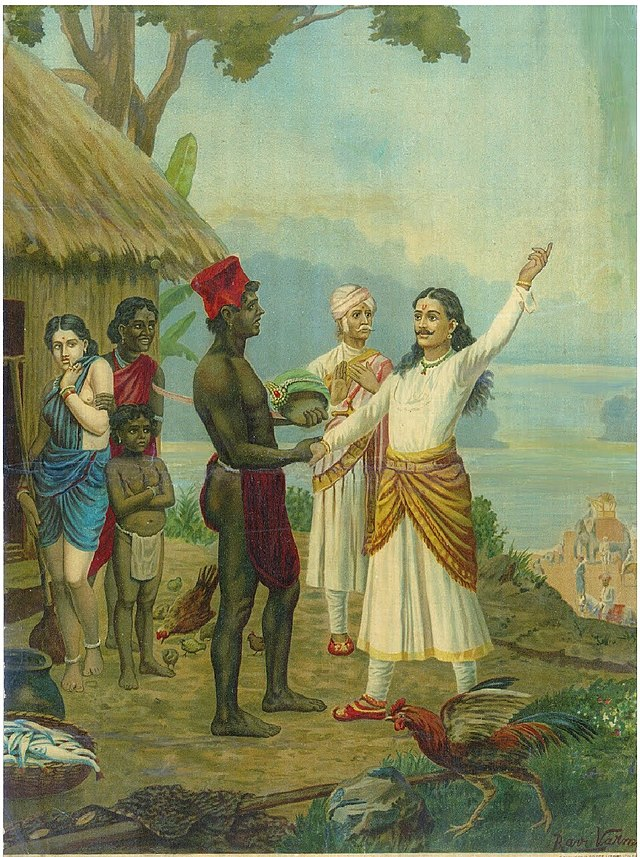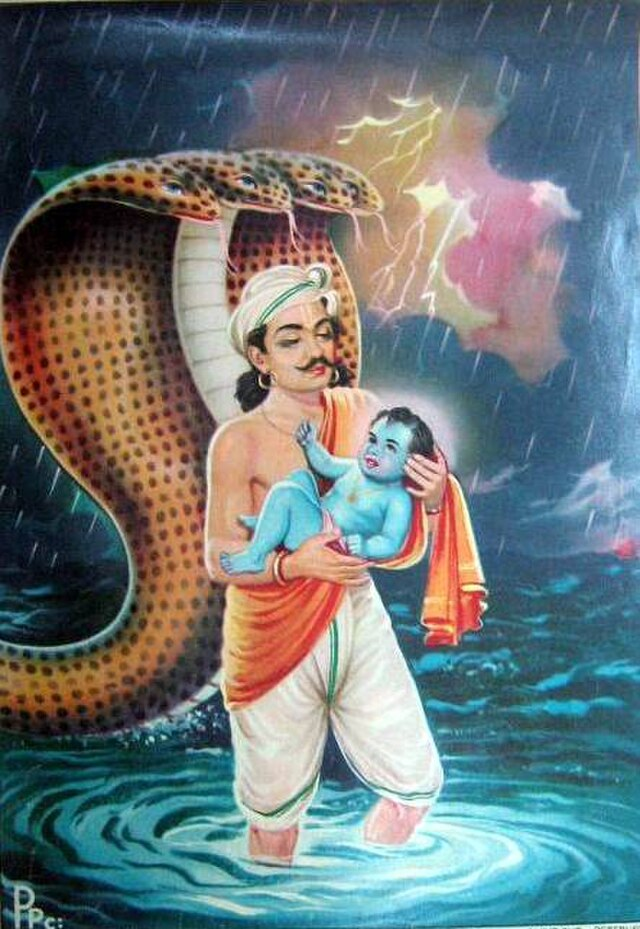Celebrating Father's Day with Eight Iconic Father-Son Duos in Indian Mythology
- Pratha

- Jun 14, 2024
- 4 min read
Updated: Apr 7
As Father's Day approaches, it's an opportune moment to reflect on the timeless tales of love, sacrifice, and guidance depicted in Indian history and mythology through the relationships of fathers and sons. From the epic Ramayana to the profound stories of Hindu mythology, these iconic father-son duos continue to captivate and inspire generations with their remarkable bonds.
1. Dasaratha and Rama:
The core of the Ramayana is the moving relationship between King Dasaratha of Ayodhya and his beloved son, Rama. Dasaratha's paternal love and deep sense of responsibility compel him to make the ultimate sacrifice, sending Rama into a 14-year exile to fulfill a vow to his wife and Rama's stepmother, Kaikeyi. Rama, for his part, exemplifies unwavering respect and obedience to his father's wishes by abandoning the throne and withdrawing to the forest for fourteen years, demonstrating loyalty, honor, and familial dedication.
2. Arjun and Abhimanyu:
In the Mahabharata, the bond between the mighty warrior Arjun and his valiant son Abhimanyu is a testament to courage and resilience. Abhimanyu inherits his father's archery and combat skills, demonstrating exceptional bravery throughout the Kurukshetra War. During the War, Abhimanyu fearlessly entered the Chakravyuha formation, a technique he gained in his mother's womb while his father demonstrated how to do so. Despite understanding how to enter but not how to escape, he solely fulfills his duty as a warrior. Arjun's love for his son's bravery and selflessness is palpable as he laments Abhimanyu's tragic death.
3. Bhishma and Shantanu:
The epic Mahabharata depicts the complex relationship between Bhishma, the revered patriarch of the Kuru dynasty, and his father, King Shantanu. King Shantanu falls in love with Satyavati but is crushed to learn that her father will only agree to their marriage if his son renounces the crown and becomes a bachelor forever. Bhishma's unwavering devotion to his father's happiness drives him to abandon his claim to the throne and embrace a lifelong vow of celibacy. Their story focuses on the values of sacrifice, responsibility, and familial honour that run throughout Indian mythology.
4. Lord Shiva and Ganesh:
In Hindu mythology, the relationship between Lord Shiva, the destroyer, and his son, Lord Ganesh, the remover of obstacles, symbolizes the eternal cycle of creation and destruction. Despite the circumstances surrounding Ganesh's birth, including his unique appearance and the events leading to his creation, Shiva's love for his son remains unwavering. This unconditional love transcends physical attributes and societal norms, emphasizing the pure essence of familial bonds based on affection and acceptance.
5. Krishna and Vasudeva:
The bond between Lord Krishna, and his father, Vasudeva, is characterized by profound love and divine guidance. Despite the tumultuous circumstances surrounding Krishna's birth, including the threat posed by the tyrannical King Kamsa, Vasudeva remained steadfast in his commitment to protecting his son. One of the most iconic moments in their relationship is the extraordinary act of Vasudeva transporting the infant Krishna across the Yamuna River to safety in Gokul. Despite the perilous conditions and the risk to his own life, Vasudeva carried out this divine mission with unwavering faith and courage, guided by his love for Krishna and his sense of duty as a father.
6. Yayati and Puru:
King Yayati's relationship with his son, Puru, reflects the complexities of ambition, desire, and generational conflict. Yayati receives a boon from Shukracharya that allows him to temporarily exchange his old age for the youth of any of his sons. While his two elder sons refuse, his youngest and least favourite son, Puru, agrees. Yayati relishes sensuous pleasures, worldly pursuits, and a thousand years of youth, completely oblivious to what he has done to his son. Eventually, through his relationship with Puru, Yayati experienced a profound transformation and acknowledged his mistakes. He relinquished his youthful form, embraced old age, and accepted the inevitability of mortality.
7. Parshuram and Jamadagni:

Sage Jamadagni and his son Parshuram had a strong bond characterized by discipline, devotion, and righteousness. When Jamadagni asked Parshuram to confront the Kshatriya rulers, Parshuram obeyed despite the potential consequences. Unfortunately, Jamadagni was later killed by Kartavirya Arjuna, leading Parshuram to seek revenge. However, he remained true to his father's teachings and used his skills to protect the innocent and uphold justice.
8. Rama and Luv-Kush:
In the Uttara Kanda of the Ramayana, the reunion between Lord Rama and his twin sons, Luv and Kush, showcases the themes of forgiveness, love, duty, and sacrifice. While Lord Rama must uphold his obligations as a king, his love for his sons and Sita is evident in his reluctance to part with them. Similarly, Luv and Kush display unwavering devotion and loyalty to their mother and, upon learning of their lineage, to their father as well.
As we celebrate Father's Day, let us draw inspiration from these iconic father-son duos in Indian history and mythology. Whether through acts of sacrifice, guidance, or unconditional love, these relationships serve as timeless reminders of the profound influence fathers have on their sons and the enduring legacy they leave behind.
AUTHOR
Pratha Editorial Team















Comments